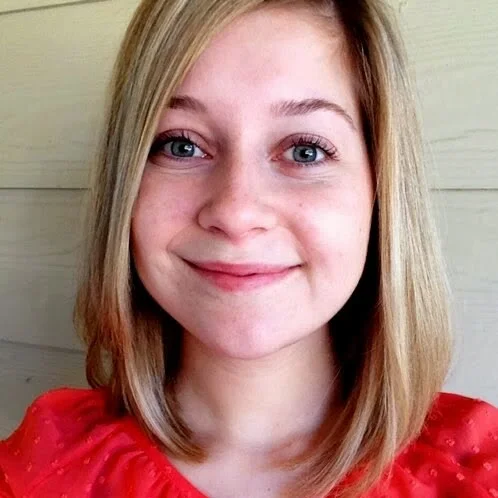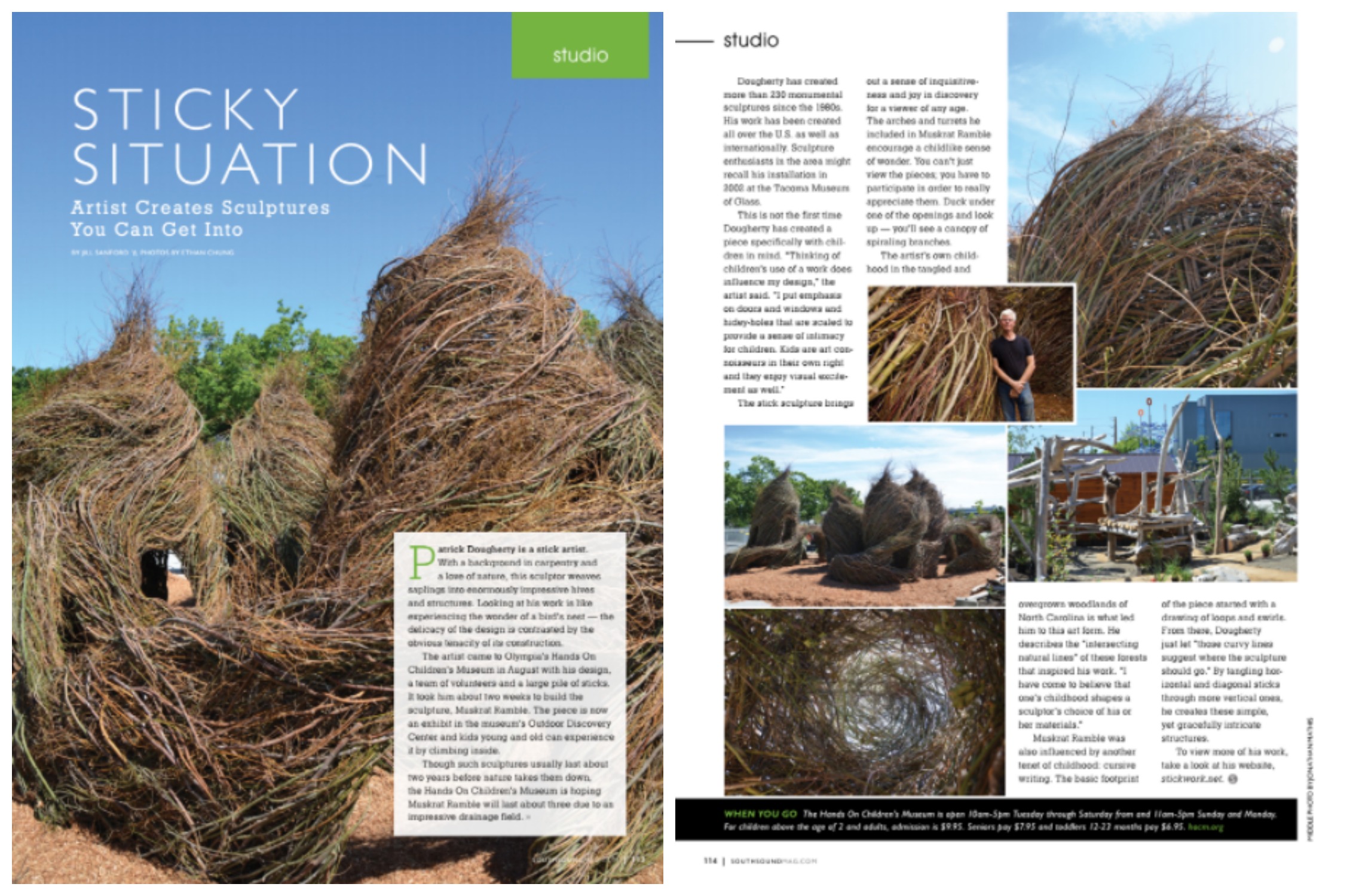Name: Charlotte McGill
Age: 22
College & Majors/Minors: English and Creative Writing BA, Writing for Children MA
Current Location: Hampshire, England
Current Form of Employment: Sole Trader, offering Professional Writing Services
Where do you work and what is your current position?
At the moment I am set us as a sole trader with no other employees, so I have the luxury of working for myself. The name of my business is Charlotte McGill Writing Services, and I mainly deal with businesses as an outsourced copywriter or editor.
In my previous two jobs, while I was technically classed as 'sales' I was actually more of the marketing manager, and this meant I had the responsibility of writing content for the company blogs and websites, as well as managing social media and the marketing department. I found this particularly useful, and when you're going into writing as a professional, having a marketing background is a massive bonus.
Tell us about how you found your first job, and how you found your current job.
Up until University I just worked in retail, so I don't feel this is relevant. I found my first 'real' jobs through an employment agency, which required you to take basic competency tests to prove you could write and count. I was lucky in that I didn't have to interview much before I was offered the job. The main skill the employers were looking for in both accounts was the ability to communicate clearly, come across as personable and enthusiastic, and how good my ability to sell myself to them was. It was these skills that convinced them i would be good in sales, but better in marketing. I always thought the interviews would be terrifying, but once you arrived and realized that they are just normal people, the interviews were relaxed and easy going.
What did you do in college to prepare for your post-grad life?
One of the most important things I did during uni was take part in Project Litmus. This was a part of the 'Publishing Project' where students created and published an anthology of their works, from start to finish. We split into sections and all took on different responsibilities. Everyone wrote a piece, it was then given to designated editors (I was the editor of all children's fiction submissions) before being given to the graphics department to be typeset, a cover designed and sent to print as an anthology. I was also part of the marketing department, working on promoting the launch event and a general marketing strategy. This gave me a great insight into the whole process and allowed me to say I had a piece published.
My uni frequently ran author and career talks, and I attended every one of these. These were a great chance to pick the brains of people who had made it in the business, and get an idea for just how many ways you can succeed in writing.
What is your advice for students and graduates with an English degree?
Make sure you ask questions of anyone who you think can help you. Don't be afraid of looking stupid— we were all there once— but getting advice from people you admire of who do what you want to do is the best way of not only getting ideas of how to move forward, but also to disillusion yourself. Everyone thinks a career in writing will be easy for them because they are great and people will love them, but the truth is, until you acknowledge that it's a tough, competitive field that you have to work incredibly hard in to be successful, you won't move forward.
Ask questions. Get advice wherever you can. Learn from it, and make a solid plan. Know where you are now, where you want to be, and how you're going to get there.




































































